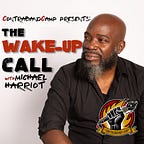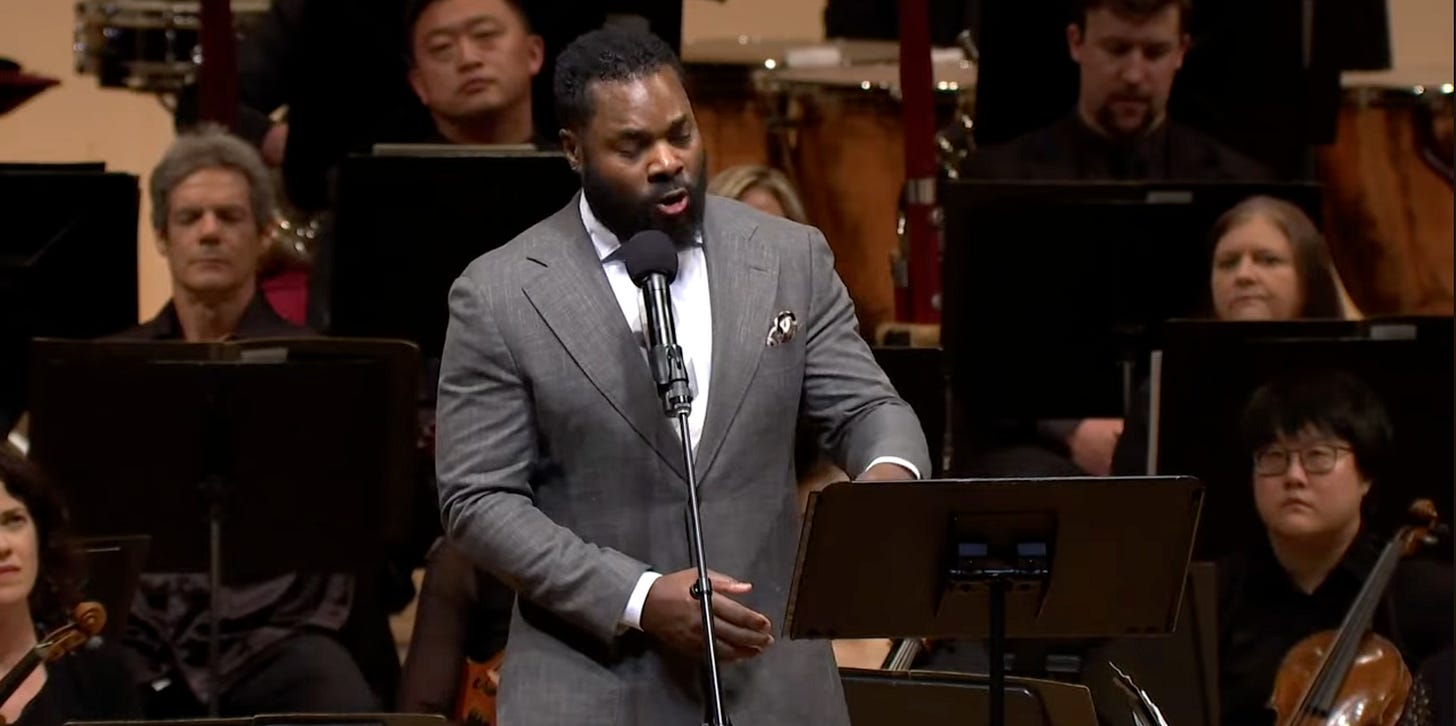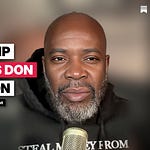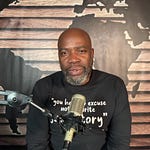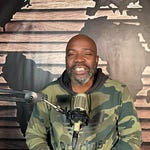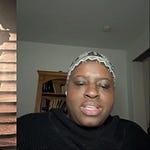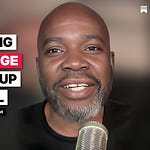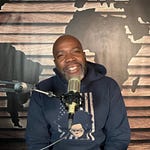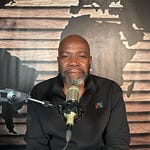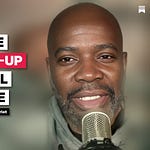The edited version of this podcast originally aired on October 3, 2023.
When I was young, I did not exist.
Growing up in a historically Black family in a predominantly Black neighborhood, I saw kids who looked like me in real life. But Black boys like me did not appear inside television sets. By the time I was 12, I was too tall to be adopted by a benevolent, rich white family like Arnold Drummond or Webster. Lionel Jefferson and Michael Evans were quick-witted, cool — and most of all — smart, but my family didn’t live in a housing project or own a deluxe apartment in the sky. Plus, they predated me. So did Raj, Dwayne and Rerun.
Then came Theo.
I was 11 years old when NBC broadcast the first episode of a show about Theodore Huxtable, a middle-class Black boy who didn’t have a catchphrase, white benefactors or a very special episode. I don’t know if it was a coincidence, kismet or genius, but if you recall, the pilot episode of The Cosby Show centered around Theo bringing home a report card with four Ds.
Malcolm Jamal Warner was not just part of the first—and still the only—No. 1-ranked television show with a majority Black cast. For an entire generation of Black boys, Warner’s depiction of Cliff and Clair’s middle child was the only authentic reflection of ourselves. Like me, Theo was also the Huxtables’ only male child. I couldn’t outargue my mom or afford designer shirts, either. He had cousins and a friend named Cockroach and girlfriends who looked like our sisters. He even listened to that boompity-boomp music.
More than anything, Theo existed.
But Warner’s legacy in Black culture extends beyond The Cosby Show. He went on to date meteorologist Hilary Banks, had a brief affair with Nino Brown’s shooter Keisha and married Rainbow before she met Dre. He directed the video for New Edition’s “N.E. Heart Break” and earned a Grammy nomination for spoken word poetry in the category’s first year. As a fellow member of the poetry community, I can attest that he was as respected in the genre he considered his first love as he was in Hollywood.
Maybe it is because I came to know him personally, but the fact that so many non-celebrities are sharing stories, memories and pictures reveals who Malcolm Jamal Warner was as a person. Even in the insular poetry community, I've never heard anyone say anything negative about him (unless you count the fashion house of Gordon Gartrell).
In 2023, while working on my Black history podcast, Drapetomaniax, we put together a wish list of voice actors from “the culture” who might be willing to play historical figures on the show. A few weeks later, I received a YouTube clip via text from an unknown number of a poem from the Minnesota Orchestra’s Juneteenth celebration.
It was Malcolm Jamal Warner.
I still have no idea how he found out, but apparently, he heard about the podcast and volunteered his services. When he asked how many episodes we had left, I explained that it didn’t matter. “If you want to participate, we’d create more!”
Whenever I get the opportunity, I always ask artists and creators which part of their career makes them the most proud (as I wrote on a previous Throwback Thursday, it’s Drapetomaniax for me). When I asked Malcolm, he didn’t hesitate.
“I was lucky enough to be a part of something that means so much to Black people,” he said. “When I wake up in the morning, that’s what I want to do.”
He did.


